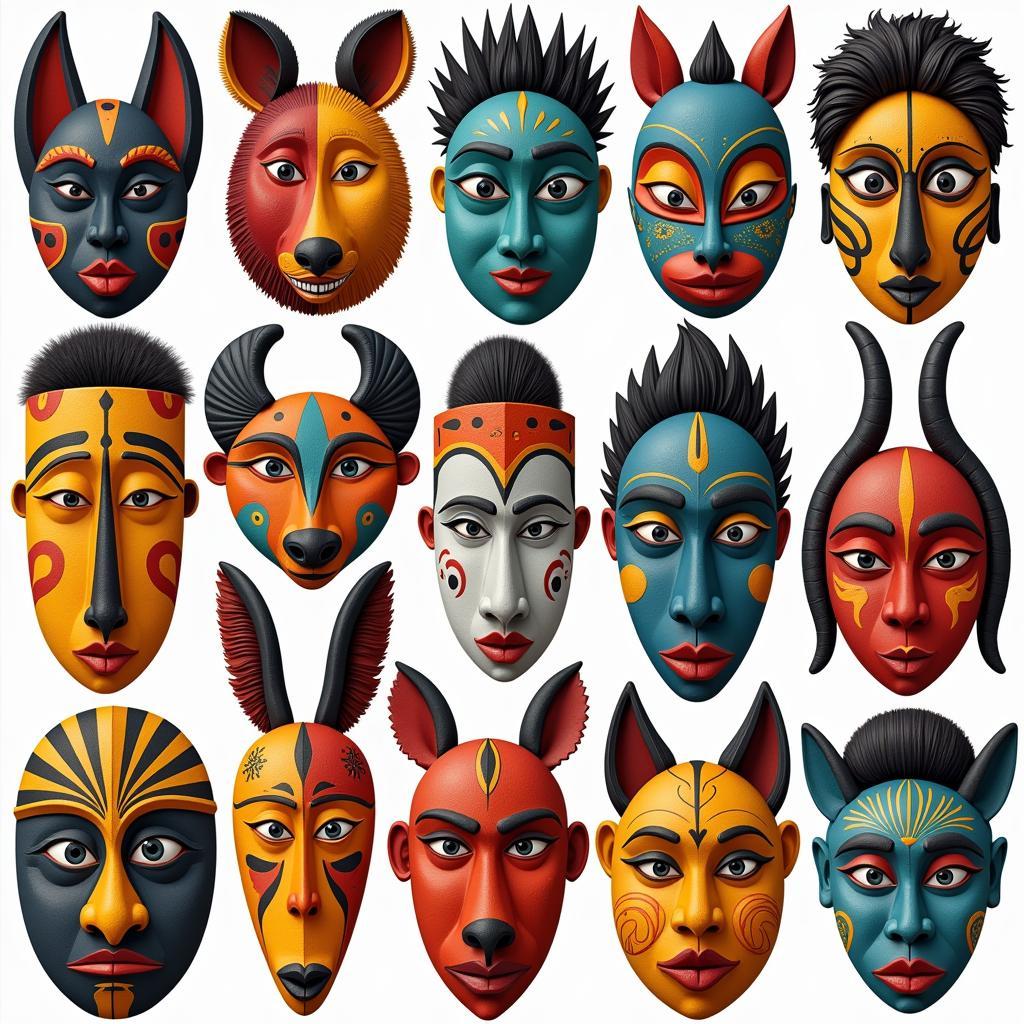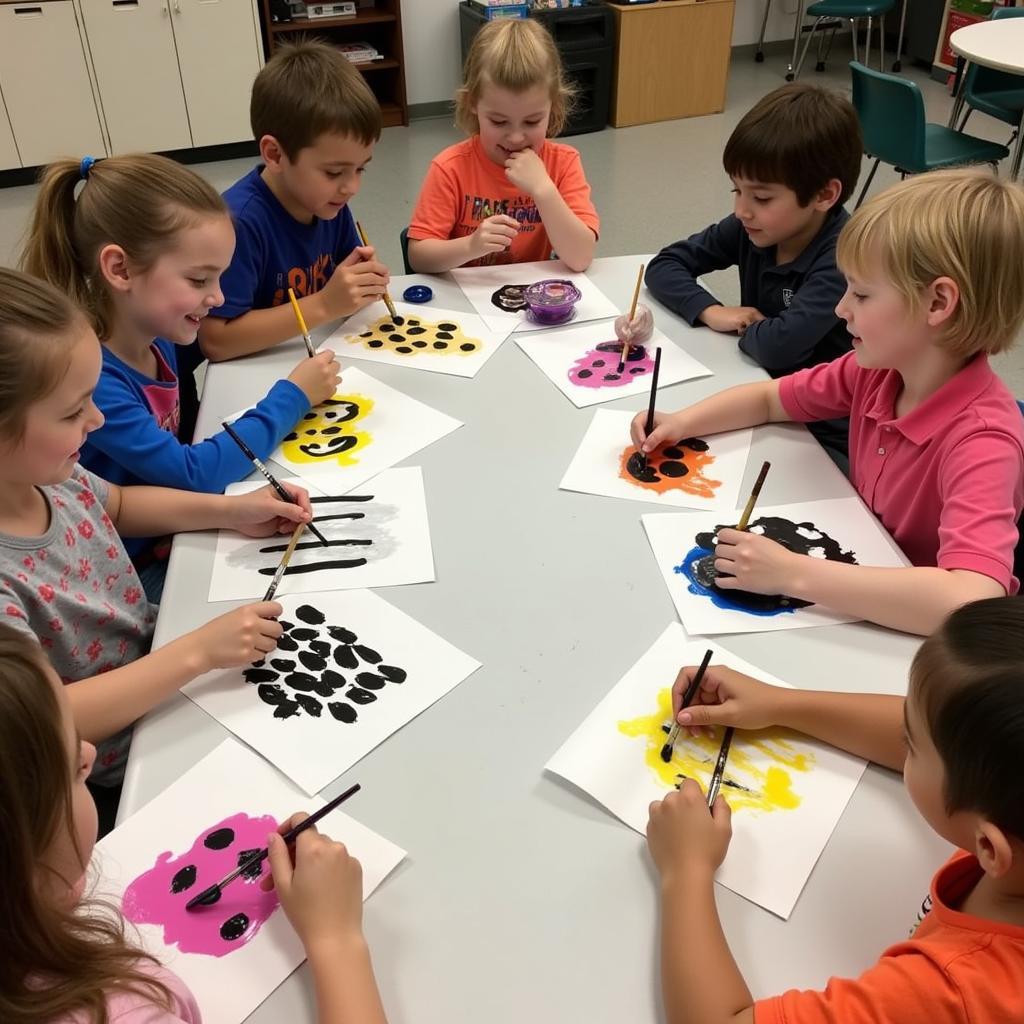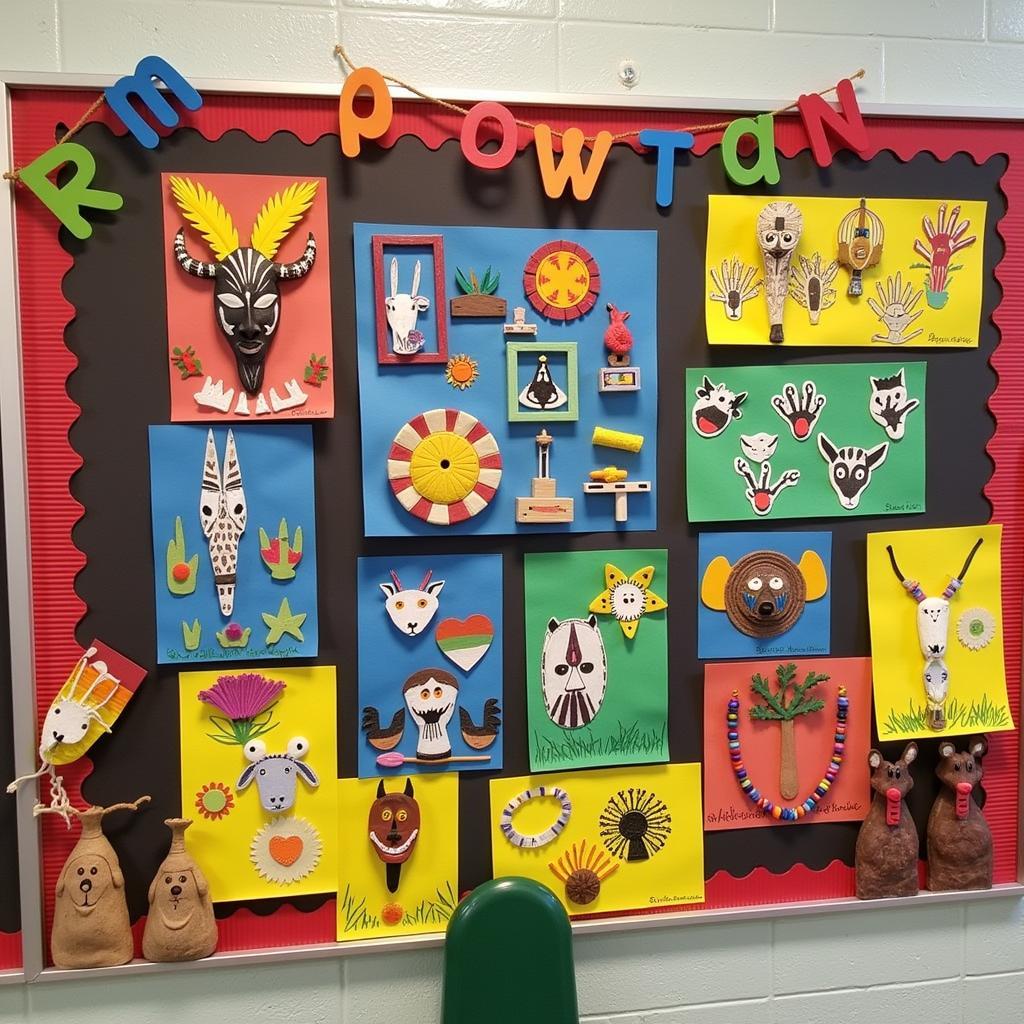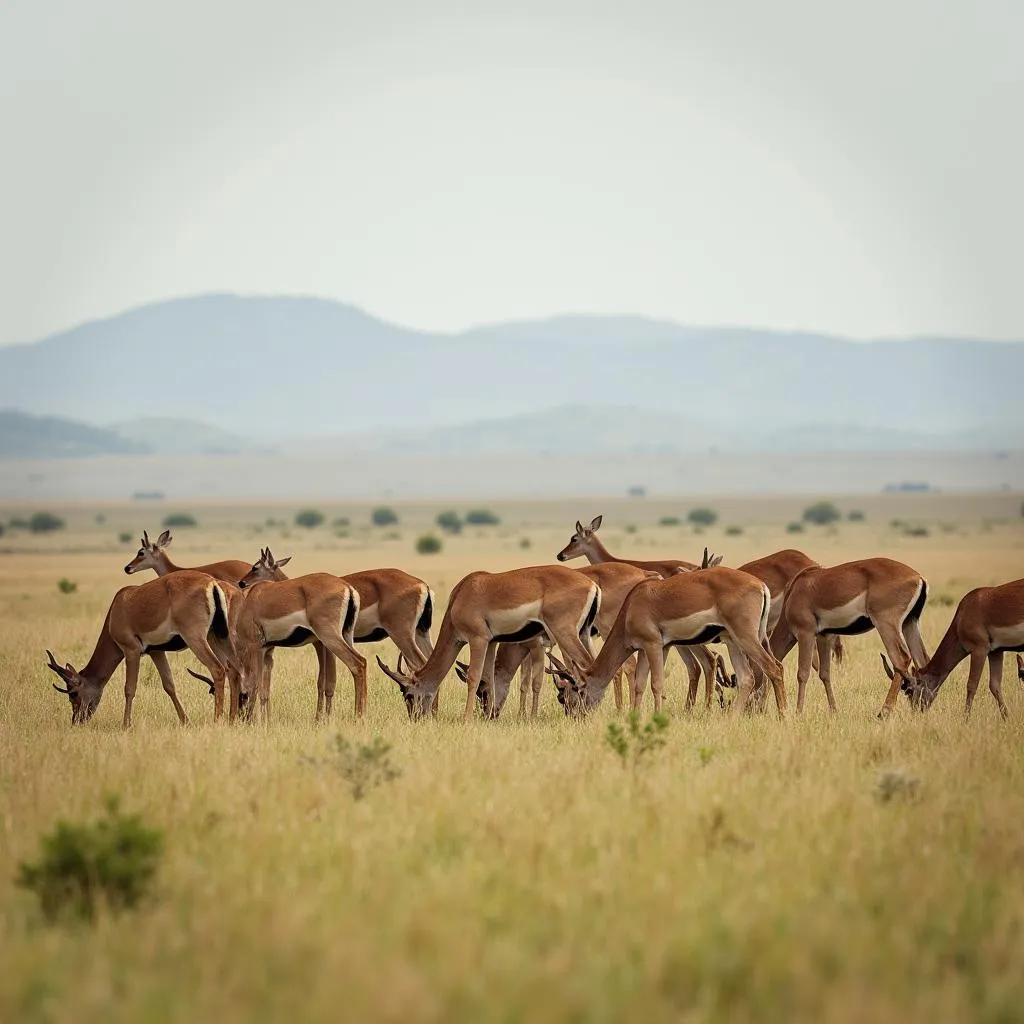Engaging African Art Activities for Preschoolers
Learning about different cultures is an essential part of a well-rounded education. Introducing your preschoolers to African art offers a fantastic opportunity to open their young minds to the beauty and diversity of the world around them. African art is vibrant, engaging, and tells fascinating stories through its various forms, making it a perfect medium for preschoolers to explore.
 Colorful African Masks for Kids Activities
Colorful African Masks for Kids Activities
Unleashing Creativity with African Art Projects
The bold colors, intricate patterns, and diverse materials used in African art offer endless possibilities for preschoolers to express their creativity. Here are some exciting art activities that are both educational and engaging:
Creating Colorful African Masks
Masks hold significant cultural and ceremonial importance in many African cultures. Introducing your preschoolers to different mask styles, such as the intricate masks of the Igbo people of Nigeria or the animal masks of the Senufo people of Côte d’Ivoire, can be a great starting point for discussions about art and culture.
Materials:
- Cardboard
- Paint
- Feathers
- Beads
- Yarn
- Glue
- Scissors
Instructions:
- Cut out mask shapes from cardboard. You can find printable mask templates online for inspiration.
- Let your preschoolers paint their masks using bright, vibrant colors. Encourage them to use patterns and designs they’ve observed in African masks.
- Once the paint dries, decorate the masks further with feathers, beads, yarn, and other embellishments.
- Attach a string or elastic band to the sides of the masks so children can wear their creations.
Educational Tip:
As you guide your preschoolers in making their masks, discuss the different meanings behind the colors and patterns used in African masks. For example, red often symbolizes power and strength, while white can represent purity and peace.
 Preschoolers Painting African Animal Prints
Preschoolers Painting African Animal Prints
Exploring African Animal Prints
The African savanna is teeming with wildlife, and animals hold a special place in African art. Encourage your preschoolers to explore the beauty of African animal prints through painting, printing, and collage.
Materials:
- Paper plates
- Sponges
- Paint (various colors)
- Paintbrushes
- Construction paper
- Scissors
- Glue
Instructions:
- Printing with Sponges: Cut sponges into different shapes like circles, ovals, and rectangles. Dip these sponge shapes in paint and press them onto paper plates to create animal prints like giraffe spots, cheetah spots, or zebra stripes.
- Painting Animal Silhouettes: Cut out animal silhouettes from construction paper and let your preschoolers paint them using colors and patterns inspired by African wildlife.
- Collage: Provide a variety of materials like fabric scraps, colorful paper, and beads for your preschoolers to create a mixed media collage depicting their favorite African animal.
Educational Tip:
Use this activity as an opportunity to introduce your preschoolers to different animals found in Africa. Talk about their habitats, characteristics, and the importance of wildlife conservation.
Building with Clay: Inspired by African Architecture
Many African cultures have unique and fascinating architectural styles. Introduce your preschoolers to the concept of building with clay by creating simple structures inspired by traditional African homes.
Materials:
- Air-dry clay
- Water
- Paint
- Paintbrushes
Instructions:
- Show your preschoolers pictures of traditional African homes, such as the round huts of the Maasai people or the mud-brick houses of Mali.
- Help them roll the clay into long coils to build the walls of their structures.
- Once the clay dries, they can paint their creations using traditional African patterns and colors.
Educational Tip:
Discuss the materials used in traditional African architecture and how these materials are adapted to suit the local climate and environment.
“Engaging young children with African art is about more than just creating beautiful crafts; it’s about fostering a deeper understanding and appreciation for diverse cultures,” says Dr. Abena Agyeman, an expert in early childhood education and African studies. “These hands-on activities provide a fun and interactive way for preschoolers to develop their creativity while learning about the rich history and traditions of Africa.”
Conclusion
Introducing your preschoolers to African art through these engaging activities can spark their curiosity and foster a lifelong love of learning about different cultures. These art projects not only allow children to express their creativity but also provide valuable opportunities for discussions about diversity, geography, and history.
 Preschool Classroom Displaying African Art Projects
Preschool Classroom Displaying African Art Projects
FAQ
1. What are some other ways to incorporate African culture into preschool learning?
Beyond art, you can introduce African music, dance, storytelling, and food to create a more immersive cultural experience for your preschoolers.
2. Where can I find authentic resources and information about African art for kids?
Museums, libraries, and online resources dedicated to African art and culture offer a wealth of information. Look for age-appropriate books, videos, and websites.
3. How can I ensure that I am representing African culture respectfully and accurately?
Do your research, consult diverse sources, and avoid stereotypes. Focus on the diversity of cultures within Africa and avoid presenting it as a monolithic entity.
4. What are some tips for adapting these art activities for different age groups within preschool?
For younger preschoolers, simplify the projects and provide more hands-on assistance. For older preschoolers, encourage more independent work and introduce more complex concepts.
5. How can I connect these art activities to other areas of the preschool curriculum?
Integrate African art into lessons about animals, colors, shapes, counting, and language skills.
For more exciting ideas on bringing the vibrancy of African culture into your classroom, explore other engaging articles on our website.
If you need assistance, please contact us at Phone Number: +255768904061, Email: [email protected] or visit our address: Mbarali DC Mawindi, Kangaga, Tanzania. We have a 24/7 customer support team.

